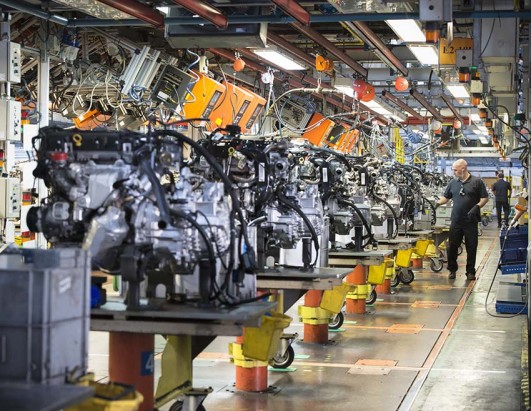Conclusion
Session 2 explored different economic perspectives on economic growth, income distribution and capitalist production. Notably, Marxist Political Economy contrasts quite starkly from neoclassical economic growth theories, which assume growth can be fuelled by growing production (e.g., when workers work quicker, facilitated by new technology and processes), and somehow demand will follow along.
In contrast, Marxist political economists are highly critical of how economic production is organised in capitalist societies, describing capitalism as inherently unstable. In their view, workers will eventually revolt their exploitation at the hands of the capitalist class.
Moreover, within Marxist Political Economy, there is an awareness that the endless expansion of production requires markets, where commodities are bought, and workers with purchasing power, who can afford to buy these commodities. Session 2 ended showing how capitalist elites of countries of the Global North have historically engaged in imperialist expansion to gain access to new markets and showed how dependency theory aims to rebalance the analysis of growth and inequalities by bringing countries of the global south to the centre of economic analysis.
Now go to Session 3: Competition, market power, and innovation [Tip: hold Ctrl and click a link to open it in a new tab. (Hide tip)]
